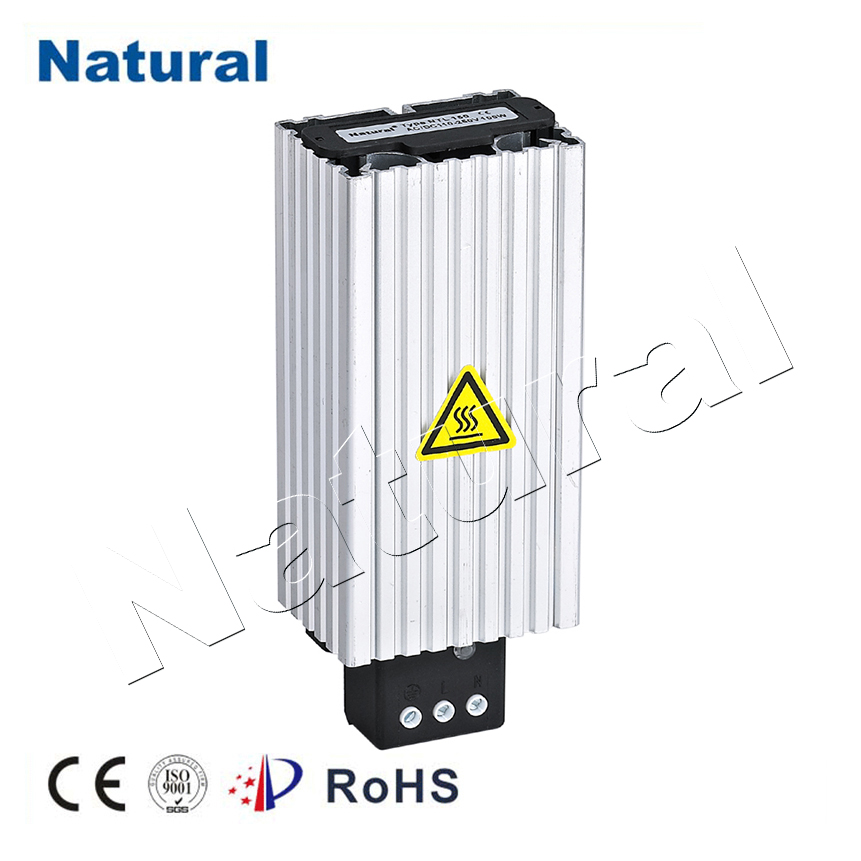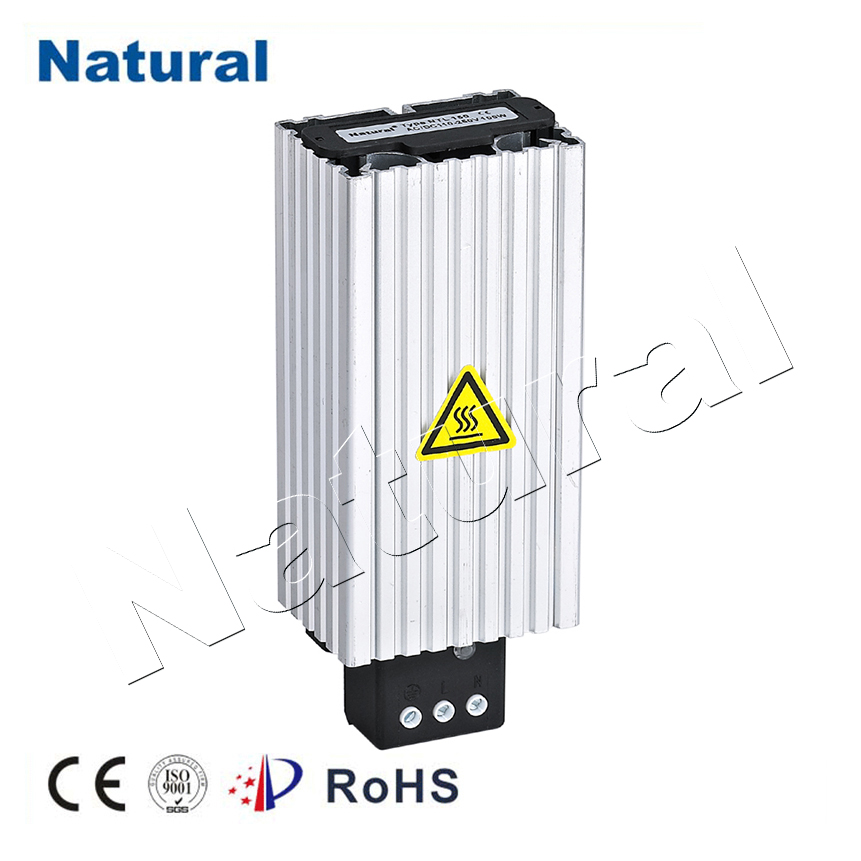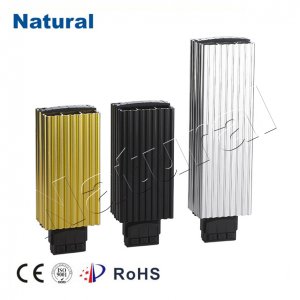Aluminum heaters have gained significant attention in recent years due to their superior heat conductivity, lightweight construction, and versatile applications. As the demand for energy-efficient heating solutions continues to rise across various industries, aluminum heaters have emerged as a go-to option for both residential and commercial use. This article delves into the features, benefits, and diverse applications of aluminum heaters.

What is an Aluminum Heater?

An aluminum heater is a heating device that utilizes aluminum as a key component in its design, usually in the form of heating elements or heat exchangers. Aluminum is renowned for its excellent thermal conductivity, which allows it to transfer heat efficiently. The material is lightweight yet durable, making it ideal for a wide range of heating applications. Aluminum heaters can be found in both electric and industrial forms, and they are used in numerous environments, from homes to factories and electronic systems. Advantages of Aluminum Heaters One of the primary benefits of aluminum heaters is their efficient heat distribution. Aluminum’s thermal conductivity is approximately three times greater than that of steel, allowing aluminum heaters to heat up quickly and distribute warmth evenly. This makes them highly efficient in terms of energy consumption, as less time and energy are needed to achieve the desired temperature.
